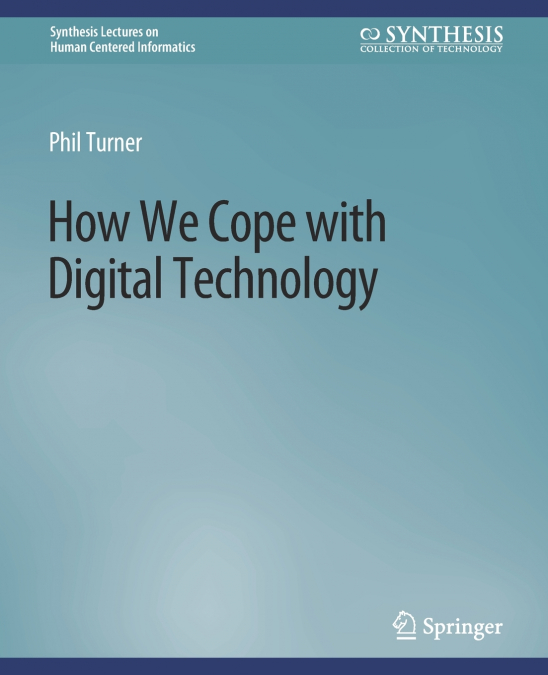
Phil Turner
Digital technology has become a defining characteristic of modern life. Almost everyone uses it, we all rely on it, and many of us own a multitude of devices. What is more, we all expect to be able to use these technologies 'straight out the box.' This lecture discusses how we are able to do this without apparent problems. We are able to use digital technology because we have learned to cope with it. 'To cope' is used in philosophy to mean 'absorbed engagement,' that is, we use our smart phones and tablet computers with little or no conscious effort. In human-computer interaction this kind of use is more often described as intuitive. While this, of course, is testament to improved design, our interest in this lecture is in the human side of these interactions. We cope with technology because we are familiar with it. We define familiarity as the readiness to engage with technology which arises from being repeatedly exposed to it-often from birth. This exposure involves the frequent use of it and seeing people all around us using it every day. Digital technology has become as common a feature of our everyday lives as the motor car, TV, credit card, cutlery, or a dozen other things which we also use without conscious deliberation. We will argue that we cope with digital technology in the same way as we do these other technologies by means of this everyday familiarity. But this is only half of the story. We also regularly support or scaffold our use of technology. These scaffolding activities are described as 'epistemic actions' which we adopt to make it easier for us to accomplish our goals. With digital technology these epistemic actions include appropriating it to more closer meet our needs. In summary, coping is a situated, embodied, and distributed description of how we use digital technology. Table of Contents: Introduction / Familiarity / Coping / Epistemic Scaffolding / Coping in Context / Bibliography / Author Biography